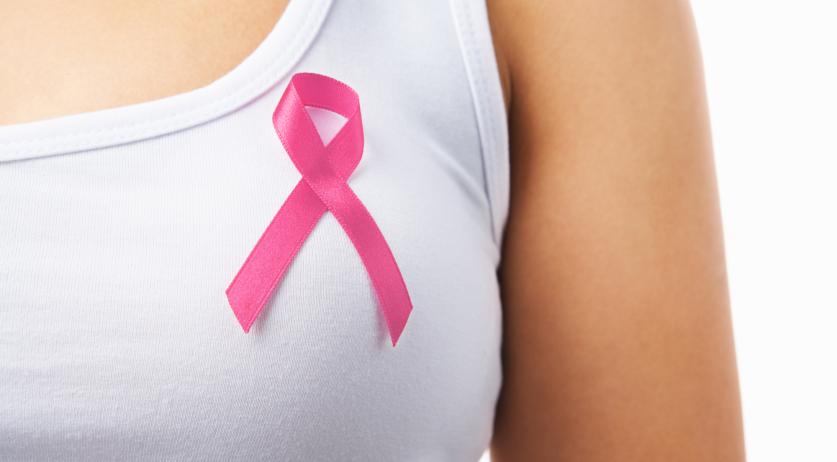It is known that people with lower incomes tend to be less healthy than those with higher incomes, but some types of cancer are more likely to be diagnosed in people with higher socioeconomic status, writes the Netherlands Comprehensive Cancer Centre (IKNL).
People on low incomes live seven years less and experience poor health 22 years sooner, and in a new publication, IKNL calls for policies to close the gap.
Wealthy people are more likely to be diagnosed with skin, breast, prostate and testicular cancer. Brain cancer is also more prevalent among wealthy men. Less wealthy people are generally more likely to develop lung, liver, stomach, head and neck cancer and primary tumors of unknown origin (PTO).
Skin tumors are twice as common in higher-income groups. Liver cancer is three times more common in lower-income groups, but higher-income people tend to drink alcohol more frequently, which is especially bad for the liver. Alcohol may also affect breast cancer. Spending more time in the sun increases the risk of skin cancer. But it's almost impossible to pinpoint exactly what causes cancer to develop.
IKNL found that socioeconomic status doesn't have much of an effect on the stage at which cancer is diagnosed. But for cancer types that are also detected through population screening (colorectal, breast, and cervical cancer), wealthier people are more likely to have cancer detected earlier. They participate in screening programs more frequently. They are also more likely to get the HPV vaccine (an injection against a virus that can cause cervical, oral, pharyngeal, vaginal, labial, anal, and penile cancer). The higher incidence of prostate cancer among the wealthy may also be related to more frequent testing.
People on low incomes are more likely to smoke and be obese, which are risk factors for cancer. “As a general practitioner, I notice every day the worsening health of people on low incomes, and this also applies to cancer. Given all the problems these patients experience, a healthy lifestyle is not always a priority. This may be due to a lack of knowledge, but there are also financial barriers to healthy eating and accessing sports clubs. Recognising the warning symptoms of cancer or understanding an invitation to a screening test is not self-evident,” says Christel van Asselt, general practitioner in Utrecht.

